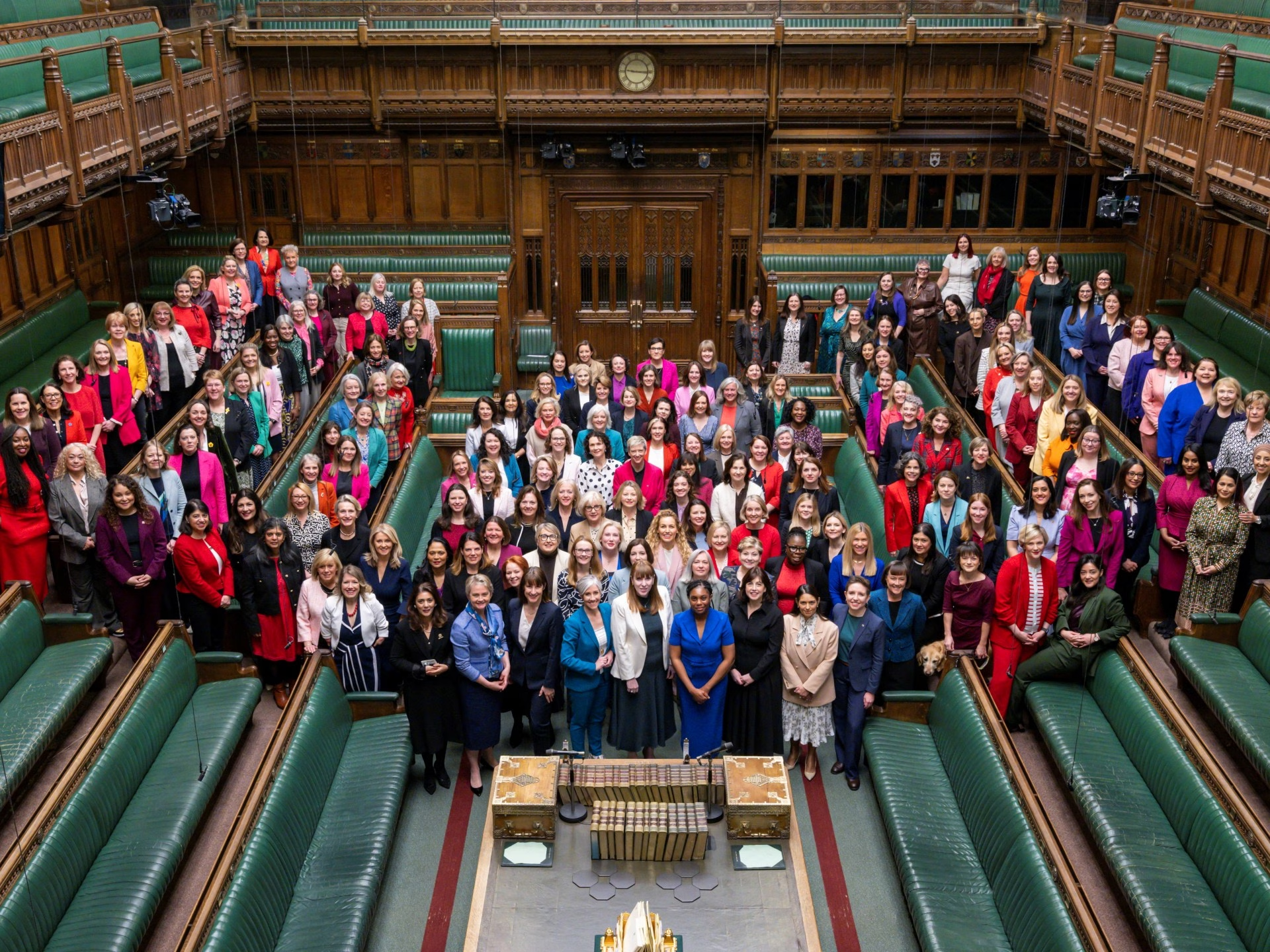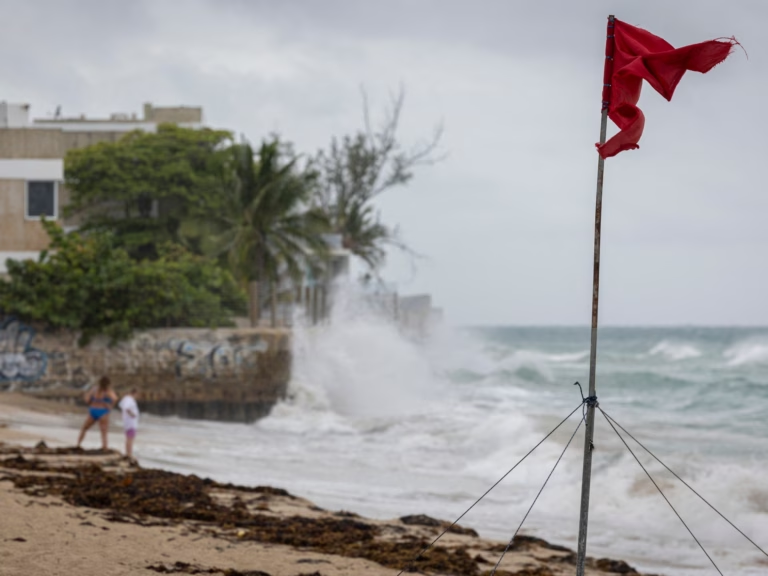Every March 8th, the world is inundated with glossy campaigns urging us to “accelerate action” and “inspire inclusion” for International Women’s Day. While corporate sponsors preach about empowering women, those who need solidarity the most are left alone. These campaigns are carefully curated, focusing only on media-friendly and politically convenient causes, and ignoring the struggles of women enduring war, occupation, and violence.
International Women’s Day is often presented as a moment of global solidarity, but in reality, it prioritizes palatable causes over real systemic change. For instance, when Iranian women protested by burning their hijabs, they received Western support, but when Palestinian women faced violence and silence, the same institutions that advocate against “violence against women” were mum. In the UK, an event on “Giving a Voice to Silenced Women in Afghanistan” was held, highlighting the hypocrisy and political tool use in international solidarity.
While the Taliban’s rise was a direct result of UK and US interventions, the same voices that now worry for Afghan women’s fate were silent when pregnant Palestinian women gave birth under bombardment or when Israeli snipers targeted women journalists. These selective actions and silences demonstrate that feminist outrage is often conditional and that solidarity is reserved for those whose struggles do not challenge Western power.
International Women’s Day has unfortunately become a hollow spectacle where women’s suffering is used for political agendas rather than real change. The West has a history of using the idea of helping “brown women” to justify military interventions, as seen during the Algerian War of Independence and in more recent Western interventions. Today, this narrative persists in the conversation about Palestine, where Palestinian women are framed as victims of their own culture and not the conflict’s violence.
Feminism has often been weaponized by the powerful to mask empire, war, and occupation under the guise of “saving women.” This selective concern for women’s rights only when it serves a political agenda ignores the suffering of women in Palestine, Sudan, Yemen, and elsewhere. It is a complicity disguised as solidarity.
In conclusion, International Women’s Day should be more than just a “feel-good” effort that selectively supports women based on political convenience. It should be a day that truly prioritizes the voices and struggles of all women, including those in Palestine. The author, along with other women who believe in genuine solidarity, will continue to march for every Palestinian woman, demand accountability from those who profit from oppression, and ensure that their voices are heard and that their suffering is acknowledged.
Source: https://www.aljazeera.com/opinions/2025/3/8/international-womens-day-is-for-the-few-not-the-many?traffic_source=rss







